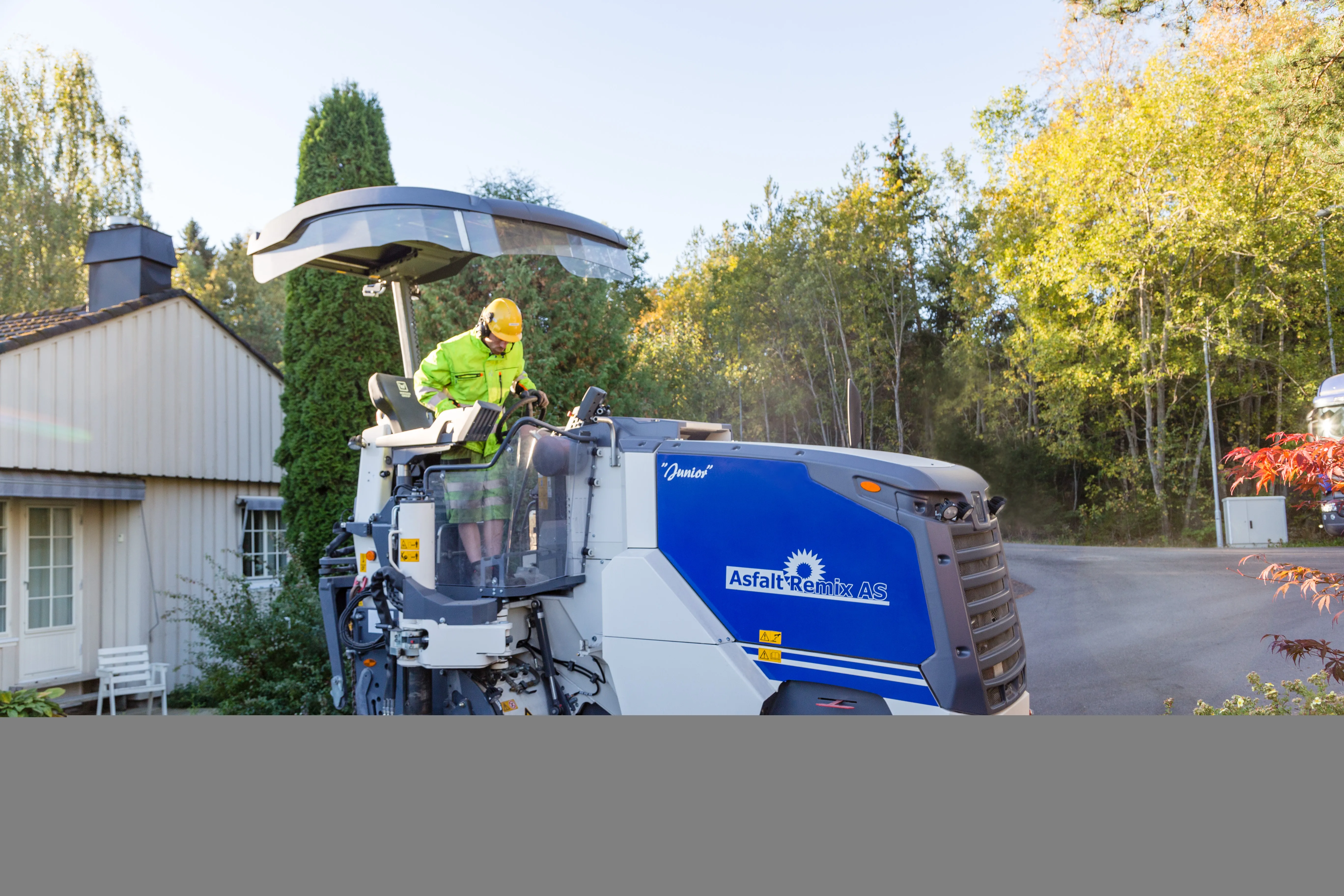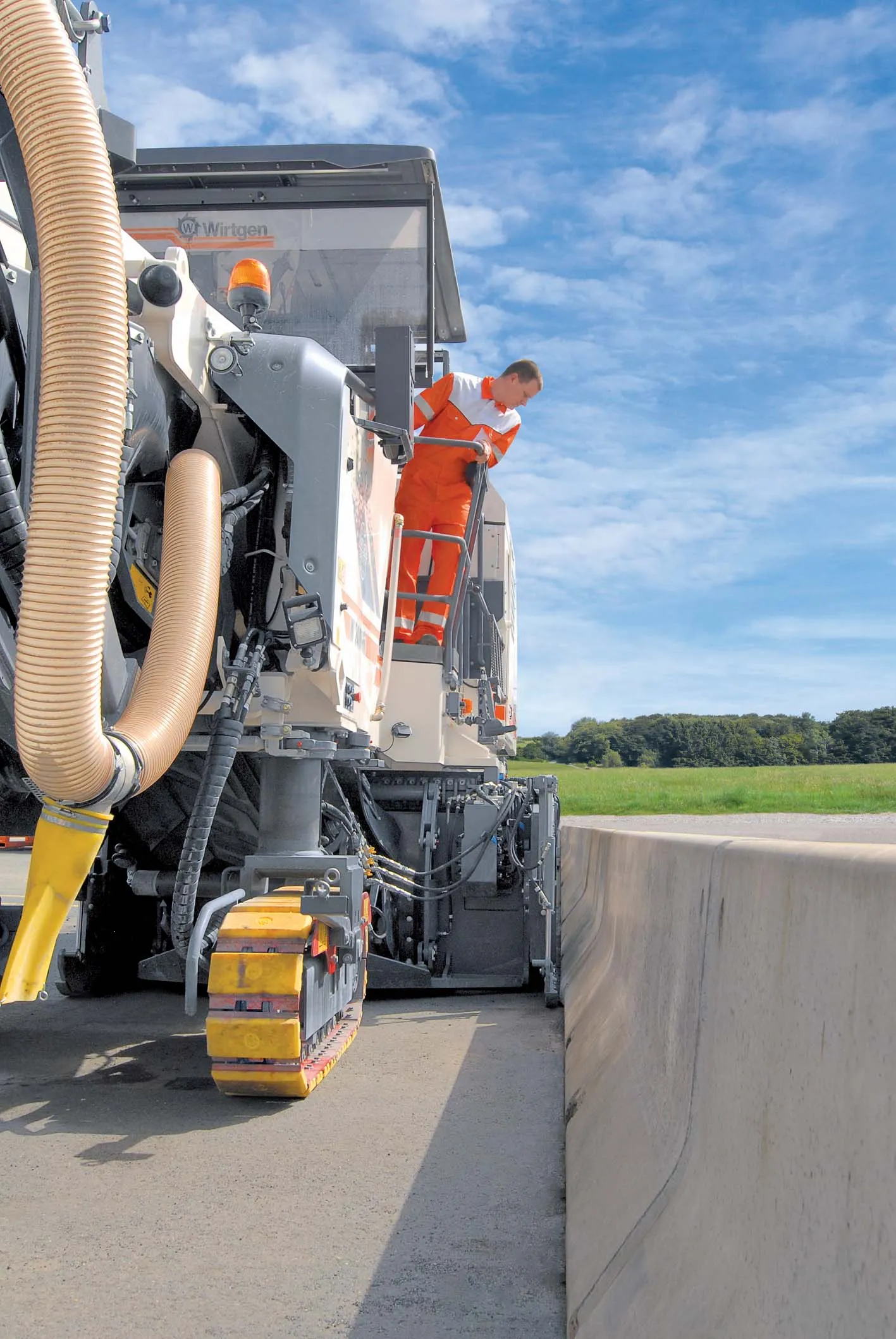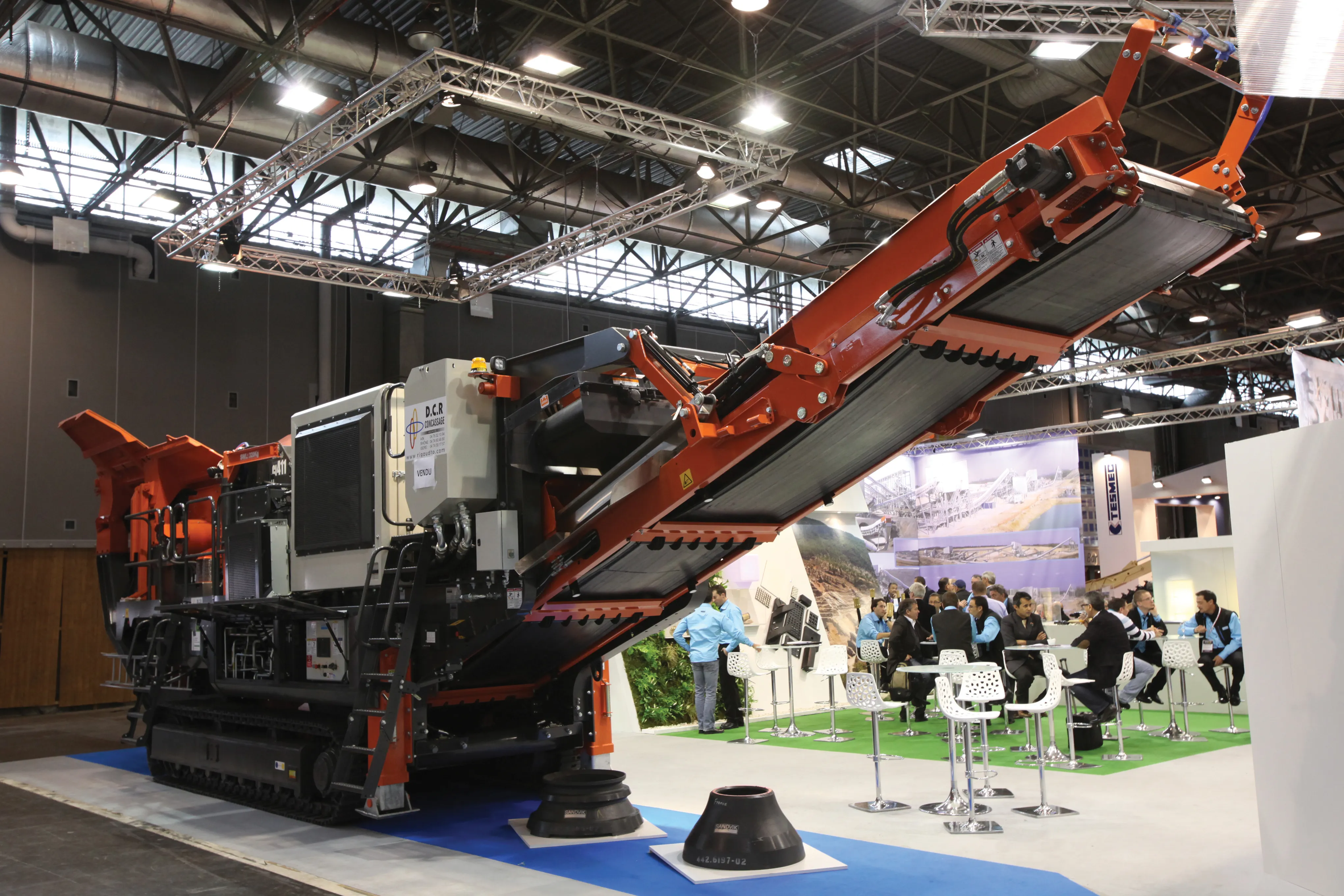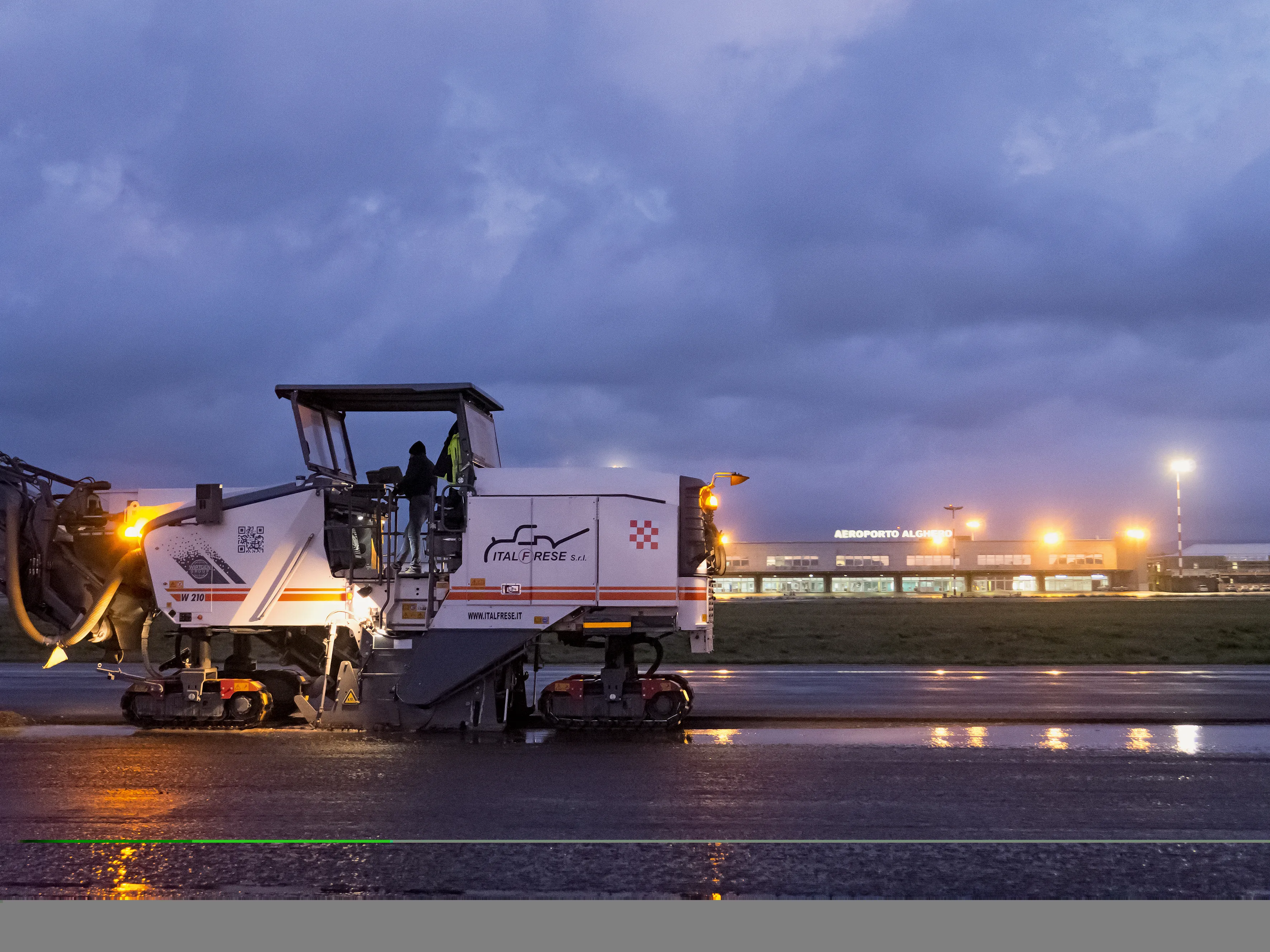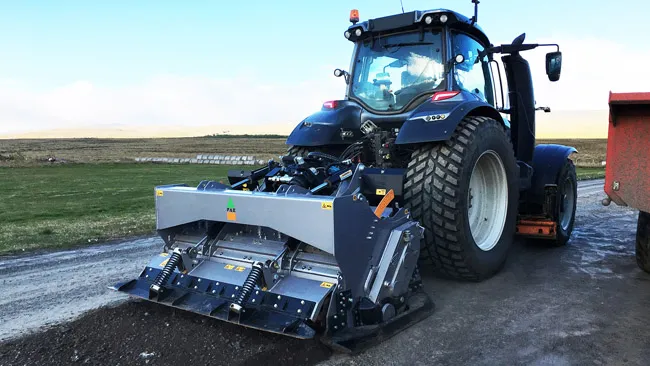
Icelandic firm Vegagerdin is responsible for maintaining all of Iceland’s roads. The company has brought in local contractor Leichus Greta to carry out much of this work, which now has an FAE MTL 225 multi-purpose milling unit in its equipment fleet. The attachment is used to repair and maintain the 1,300km Highway 1, which has an asphalt surface, as well as to stabilise unpaved gravel roads.
The firm used its FAE MTL 225 on the 60-25 road near Reykholar, recycling a section of 20km with about 50mm of asphalt and its subfloors, with stones up to 250mm in diameter. The MTL 225s are said to have proven to be successful because they offer optimum performance on both unpaved and asphalted roads.
The MTL was developed for customers who own 104-179kW tractors and need solutions for soil stabilisation, rock slab grinding, stone crushing, and asphalt shredding at a maximum depth of 280mm. Internal frame guards are secured with screws both centrally and on the sides to ensure the machine is both robust and reliable.
The variable geometry system, adjustable grid on rear door, and an adjustable Hardox counter-blade, allows the grinding chamber to adapt to the needs of a job. The depth gauge has been redesigned to help operators efficiently monitor depth along with an in-height adjustable gearbox to make adjustment, regardless of the size of the tractor and the operating angle.


